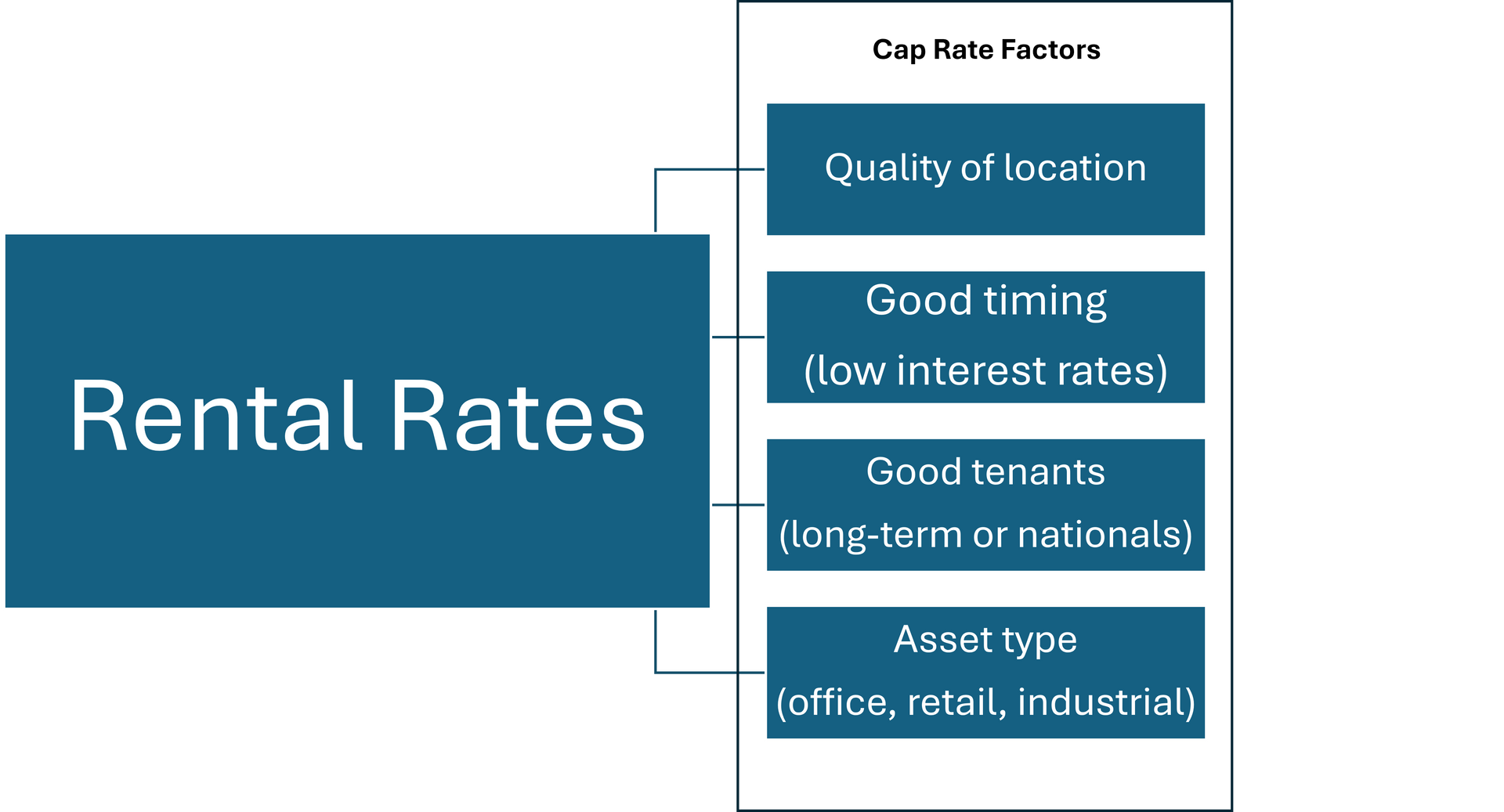Meditations in A Crisis - Covid Strategies for Landlords and Tenants
Tom Dean • June 2, 2020
Navigating the murky waters of COVID-19

By now, most people are tired of hearing about COVID-19, and they are making the best of an awful situation. The effects of this disaster are truly unprecedented.
With that said, I wanted to write an article about how landlords and tenants could both deal with the situation in a mutually acceptable way and to help all parties better understand their counterpart's position.
First and foremost, all parties must communicate. If you haven't heard from your landlord or your tenant yet, you should probably give them a call. Start a dialogue and seek to understand their situation.
For Landlords
For landlords, the need to communicate is paramount. If your property is leveraged, you must communicate with your lender. Market conditions and new vacancies can cause the value of your building to fluctuate, and can even push you into technical default. Your banker will want to know that you're on top of the situation and that you will continue to pay your mortgage. Remember that it's also in their best interest that you continue to pay the mortgage. Right now, market risk is so considerable that banks will not generally want to foreclose on the property if it can be avoided.
Communicate with your tenants. Understand that your tenants' businesses are closed for an unknown period; the additional uncertainty of an uncommunicative landlord creates apprehension and concern. Your tenant may be worried about going out of business, which could have long-term implications to their credit, their future, and their family. They may have to worry about home payments and will prioritize food and shelter above paying business rent.
You also want to keep your tenants. Even if they become delinquent, you don't want to come out the other side of this without any tenants in your building, and facing an uphill battle to fill space in a market that could be flooded with new vacancies.
If you have an extensive portfolio or multiple units, a uniform response may be best. Realize that if you offer one tenant free rent, you may find yourself in a position where you'll have to explain to your other tenants why they're not getting the same deal. Despite this, you may have to deal with some tenants on a case-by-case basis to avoid vacancies.
We're so early into the COVID crisis that many landlords are not yet considering discounts. After all, most reputable tenants will have a few months’ cushion for unexpected events. If you decide on a rental relaxation, offering options can be a good approach. One landlord I know offered the following to his tenants:
Option 1: All rent is deferred, but you will have to pay it all back at a later date
Option 2: Pay half rent this month, and the balance will be written off as free rent
See what creative alternatives you can come up with to offer your counterpart options to help them deal with their specific challenges. Perhaps there is a non-monetary service such as free advertising or promotion, which can help the tenant keep their doors open and continue paying full rent.
For Tenants
Communication is, likewise, important. It's critical to understand that these events will also harm your landlord. Landlords MUST service their debt, maintain the building, pay common area costs or condo fees, and pay taxes. It costs money to own property, so your landlord will be feeling this pressure as well. You should also understand that most formal leases will state that the landlord is under no obligation to offset or deduct the rent.
With that understanding, you should let your landlord know what to expect from you over the coming months so that they can plan accordingly. Work with your landlord, be flexible, and try to come to an agreement that you can both live with. Remember that this pandemic affects everyone. Your landlord most likely wants to keep you as a tenant and will try to work with you to ensure you get through the crisis and can continue to pay rent on the other side. Dealing with tenants requesting rent reductions can pose an administrative burden for large landlords, so they most likely have a uniform response planned for inquiries.
Much of the same advice for landlords applies here. Offer your landlord options, try to understand their specific concerns and pain points. A lot of times, in a negotiation, both parties can come to a mutually beneficial agreement without giving anything up. Listening to and understanding the other's position is critical to making breakthroughs.
Some strategies for specific assets:
Blend-and-extend
If you have (or are) a tenant with a long term track record, and it's likely they would consider staying on longer-term, consider a "blend and extend" as a possible win-win for both parties. What you will do is extend the length of the lease agreement, and incentivize the extended term in the front end. The landlord will take a short term hit by offering free or discounted rates. But, provided the tenant survives, they will increase their income from the building and gain value in the future.
The tenant will mitigate their costs and rental risks in the short term while paying only a marginal increase in rent in the long run.
Move down in product
For multi-family landlords, consider moving people to a smaller unit if they can't afford a two or three-bedroom suite anymore. Then you can maintain vacancy rates while still addressing the situation without discounting the rent. As mentioned above, offering one tenant free rent can lead to a domino effect of all tenants demanding free rent. You want to avoid this situation.
Use the deposit
If both parties don't have any room to move, and the tenant paid the last month's deposit or damage deposit, consider amending your agreement (always in writing) to apply the deposit to rent now, rather than using it to the last month of rent.
Delay payment
Payment deferral is what many landlords have done in the first month of the COVID shutdown. Basically, you don't pay today, but you will pay me back later. This is a short term fix, and will certainly work in many cases, but depending on your long-term forecast, a blend and extend may be a better long term option, depending on the strength of your tenant.
Landlords should also consider their tenant's history of payment when considering this option. If the tenant has struggled to pay rent up to this point, how likely is it that they will have the surplus to pay back the deferred rent in the future?
Free rent
Rental forgiveness is one option, but I would steer clear. There are better alternatives to both sides.
Offers services, labour or repairs
Offer something that only you can offer, in exchange for rental forgiveness. What business are you in, and how can you use that to your advantage.
Examples:
Contracting companies could offer some sort of maintenance package, or do deferred maintenance in a building
Law firms could provide some free legal services
Accounting firms free tax preparation
Surveying companies could offer an updated site plan or RPR to their landlord
Retail stores could offer some sort of long-term discount on services.
In conclusion, be creative. I would love to hear other ideas of what people have seen out there.











